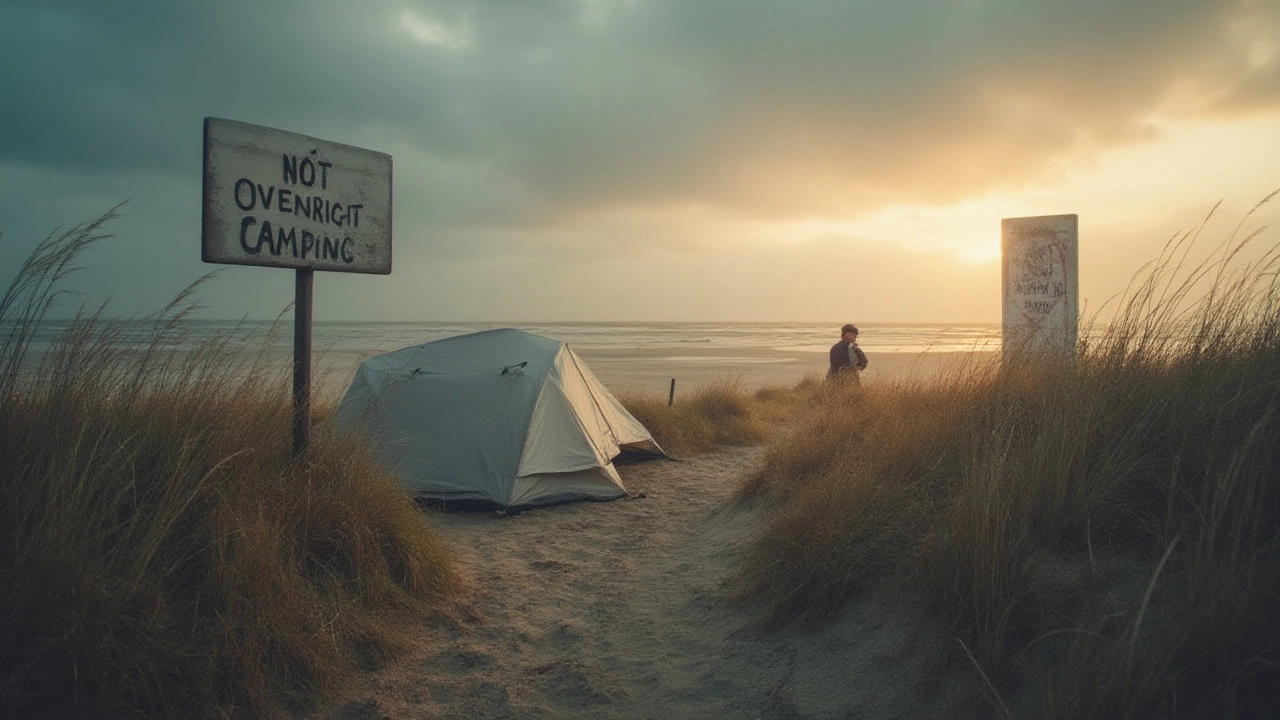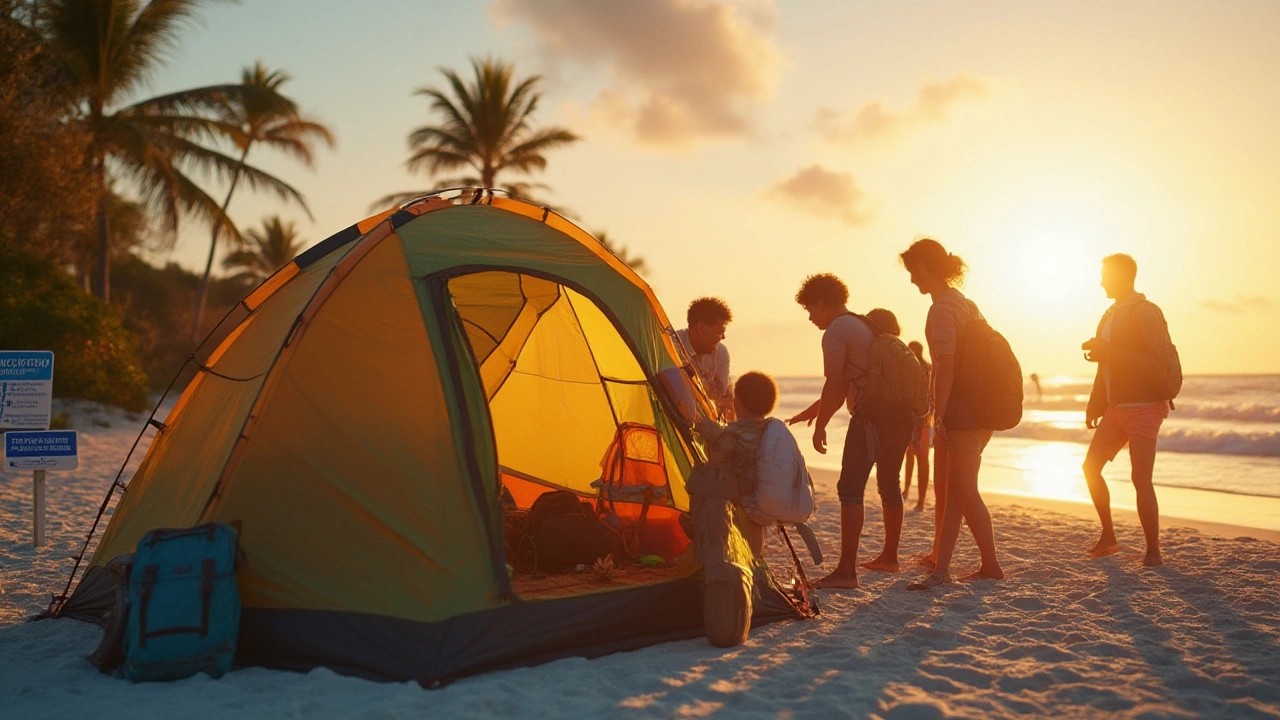Beach Camping Rules: Your Quick Guide to Staying Legal and Safe on UK Shores
Thinking about crashing on a sand dune after a day of waves? It sounds perfect, but the UK has rules that can turn a night under the stars into a costly surprise. This guide breaks down what you can and can’t do, where you’re safe to pitch a tent, and how to keep the coast clean while you enjoy the sea breeze.
Where Is Beach Camping Allowed?
Most English beaches are covered by local by‑laws that forbid overnight stays. However, a handful of spots do allow it – usually because the council has designated a small area for wild campers. Look for signs that say "Designated Camping Area" or check the council website before you arrive. In Scotland, the Outdoor Access Code is more relaxed, and you can generally camp on most beaches as long as you follow the 10‑day limit and leave no trace.
Key Rules to Follow
1. Keep it short. In England and Wales, even where camping is permitted, it’s usually limited to one night. Staying longer can lead to a fine of up to £300.
2. Stay away from protected zones. Areas marked as wildlife reserves, nesting sites, or parts of a heritage coastline are off‑limits. Ignoring these signs puts wildlife at risk and can attract hefty penalties.
3. Pack out everything. The "Leave No Trace" principle isn’t just good practice, it’s a legal requirement in many coastal areas. That means no food scraps, no plastic, and no broken tent poles left behind.
4. Mind the tide. Check tide tables before you set up. A high tide can wash away your gear and create a mess for the next camper.
5. Respect nearby residents. If you hear a "No camping" sign from a private beach or a local council notice, obey it. Complaints can lead to immediate removal and a fine.
For a deeper dive, check out our related posts:
- Can You Sleep in a Tent on a UK Beach? Laws, Fines & Safer Options (2025) – detailed breakdown of legal spots and alternatives.
- Why You Shouldn't Take Seashells from the Beach: Ecology, Laws, and Better Alternatives – why leaving shells behind matters to the ecosystem.
- Wild Camping on England’s Beaches: What You Need to Know – stories from campers who got caught and how they solved it.
Before you head out, always check the latest local by‑law updates. Councils can change rules after a single incident, and keeping informed saves you from unexpected fines. If you’re unsure, consider staying at a nearby campsite that offers easy beach access – you’ll get the same views with a legal guarantee.
Bottom line: beach camping can be a fantastic way to blend sea air with starlit nights, as long as you respect the rules, the tide, and the environment. Pack light, stay short, and leave the beach cleaner than you found it – then you’ll have the perfect seaside adventure, every time.
Can You Live in a Tent on the Beach? Rules, Pros, and Realities
Wondering if you can set up camp on the beach long-term? This article explores the rules, risks, and reality of living in a tent on the beach—plus tips to do it right.
Florida Beach Camping Laws: Can You Legally Camp on the Beach?
Is beach camping legal in Florida? Learn about state laws, tips, and where you can set up your tent for an unforgettable night by the sea.

